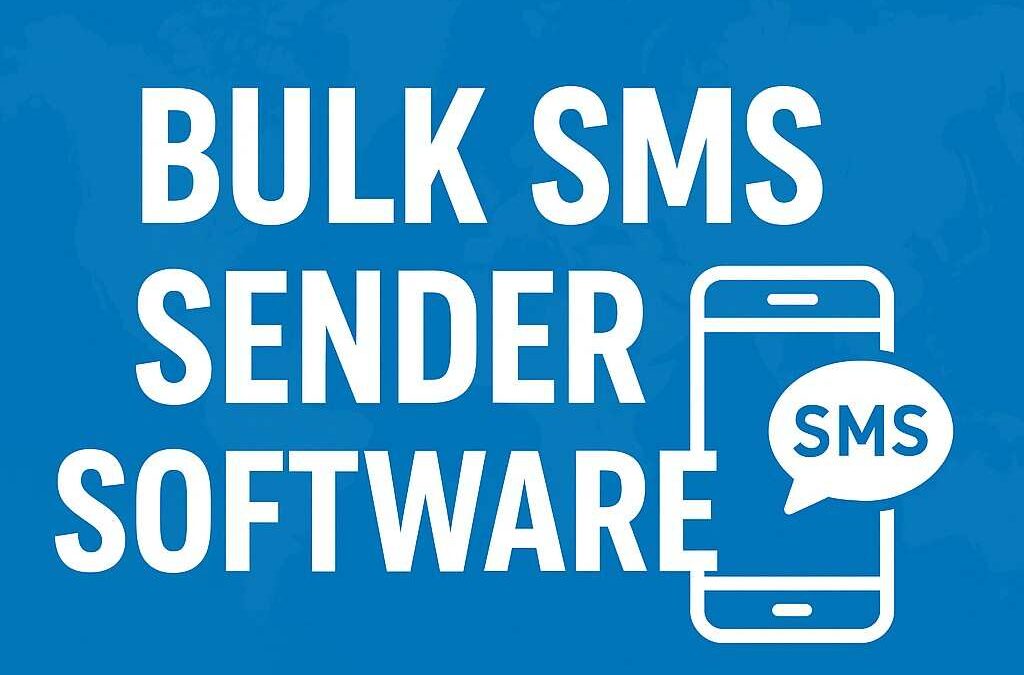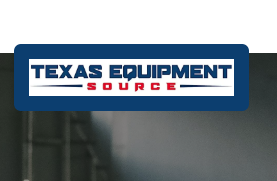Currently, 46% of hospitals and health systems are using AI in their RCM operations, with a significant trend towards automation in the healthcare sector. 74% of hospitals have impliemented some form of revenue-cycle automation, including AI and robotic process automation. Moreover, by 2027, 98% of healthcare leaders anticipate using AI in RCM in some form, reflecting a growing recognition of AI’s potential to transform RCM. In this blog, we’ll explore how AI optimizes RCM and enhances the hospitals’ routine.
Challenges in Implementing AI in RCM
-
Repetitive Tasks: Manual data entry, insurance verification, and claims processing are time-consuming and prone to errors, leading to inefficiencis and delays.
-
Inaccurate Claims: Manual processing often results in inaccurate claims, which can lead to denials and delayed payments.
-
Revenue Loss: Frequent denials and delayed payments result in significant revenue loss and cash flow disruption.
-
Training Costs: Continuous training for new staff is costly and time-consuming.
-
Revenue Leakage: Manual processes can lead to missed changes or incorrect billing, resulting in revenue leakage.
-
Complex Billing Processes: Manual billing processes can be confusing for patients, leading to dissatisfaction and delayed payments.
-
Regulatory Challenges: Ensuring compliance with evolving healthcare regulations is challenging without AI, as manual processes may not keep pace with regulatory changes.
-
Interoperability Issues: Manual data transfer between different healthcare systems is prone to errors and inefficiencies, complicating data integration.
-
Complexity in Payment Systems: Without AI, adapting to changing payment models and complex payer policies is more difficult, leading to billing errors and revenue loss.
AI Detecting Billing Errors Before Claims Are Submitted
-
Error Detection: AI systems use pattern recognition algorithms to analyze large calumes of billing data, identifying potential errors such as incorrect codes, missing information, or duplicate claims.
-
Predictive Insights: AI analyses historical data to predict which claims are likely to be denied and why, enabling proactive measures to address issues before submissions.
-
Compliance Updates: AI systems stay updated with the latest billingregulations, ensuring compliance and reducing the risk of errors due to outdated practices.
-
Accuracy in Data Entry: AI automates data entry from electronic health records (EHRs), achieving up to 99.99% accuracy compared to manual methods, which significantly reduces errors.
-
Cross-Validation: AI cross-checks data against predefined rules, ensuring accuracy and flagging discrepancies for review.
-
Code Verification: AI verifies medical codes to ensure they match the treatment provided, minimizing errors and ensuring compliance with billing standards.
How AI Enhances Prior Authorizations
-
Integration with EHSs: AI systems conect smoothly with EHRs to extract necessary patient details, medical history, and clinical documentation, reducing the adminstrative burden on healthcare providers.
-
Reduced Administrative Costs: AI automates repetitive tasks, reducing the administrative burden and associated costs for healthcare providers.
-
Reduced Delays: By automating manual tasks and optimizing the authorization process, AI minimizes delays in medication delivery, enhancing patient satisfaction.
-
Automated Submission: AI enables the autonomous submission of authorization requests to payer systems with real-time adjudiction, allowing for instant processing and decision-making.
AI Predicting and Preventing Patient Payment Delays
-
Data Analysis: AI analyzes historical payment data, patient demographics, and financial trends to predict potential payment delays. This includes examining past payent history, income levels, and insurance coverage to identify patterns that may indicate future delays.
-
Risk Assessment: AI generates a propensity-to-pay score, which categorizes patientss based on their likehood of making timely payments. This score hel[ps healthcare providers resources on hih-risk accounts.
-
Continues Data Updates: AI integrates real-time data from various sources, allowing for immediate adjustments to payment plans if a patient’s financial situation changes. This ensures that payment strategies remain effective and relevant.
-
Operational Efficiency: By identifying potential delays early, healthcare providers can optimize their billing processes and allocate staff more efficiently, reducing administrative burdens.
-
Improved Cash Flow: AI helps healthcare providers manage cash flow more effectively by predicting and preventing payment delays, ensuring timely revenue.
Automating Claim Processing for Faster Reimbursements
-
Automated Data Entry: AI and RPA tools can automatically extract and transfer data from EHRs or other sources to claims systems, reducing manual errors and speedin up the process.
-
Instant Processing: Automated systems can process claims in real-time, significantly reducing the time required for claim approval and reimbursement.
-
Reduced Administrative Burden: Automation minimizes manual tasks, reducing labor costs and freeing staff for higher-value tasks.
-
AI-Powered Fraud Detecting: Automation minimizes manual tasks, reducing labor costs and freeing for high-value tasks.
AI Chatbots Handling Patient Billing Inquiries
-
24/7 Availability: AI chatbots provide instant responses to patient billing inquires around the clock, reducing wait times and frustration.
-
Automated Bill Explanations: Chatbots can break down complex medical bills into simple, understandable formats, helping patients grasp their financial responsibilites more clearly.
-
Customizable payment Plans: AI chatbots can assist in setting up payment plans customized to each patient’s financial situation, improving patient satisfaction and reducing overdue accounts.
-
Personalized Support: AI chatbots offer personalized assistance, ensuring patients feel supported and understand. This approach improves patient satisfaction and tust in healthcare providers.
Conclusion
AI is revolutionizing RCM in hospitals and clinics by optimizing process, reducing errors, and enhancing financial outcomes. Form automating repettve tasks to predicting billing errors and improving patient satisfaction, By embracing Healthcare RCM Automation, healthcare service providers can expect even more innovative solutions that make healthcare more efficient, accessible, and patient-centric. Join the AI journey with RCM Automation now!







0 Comments